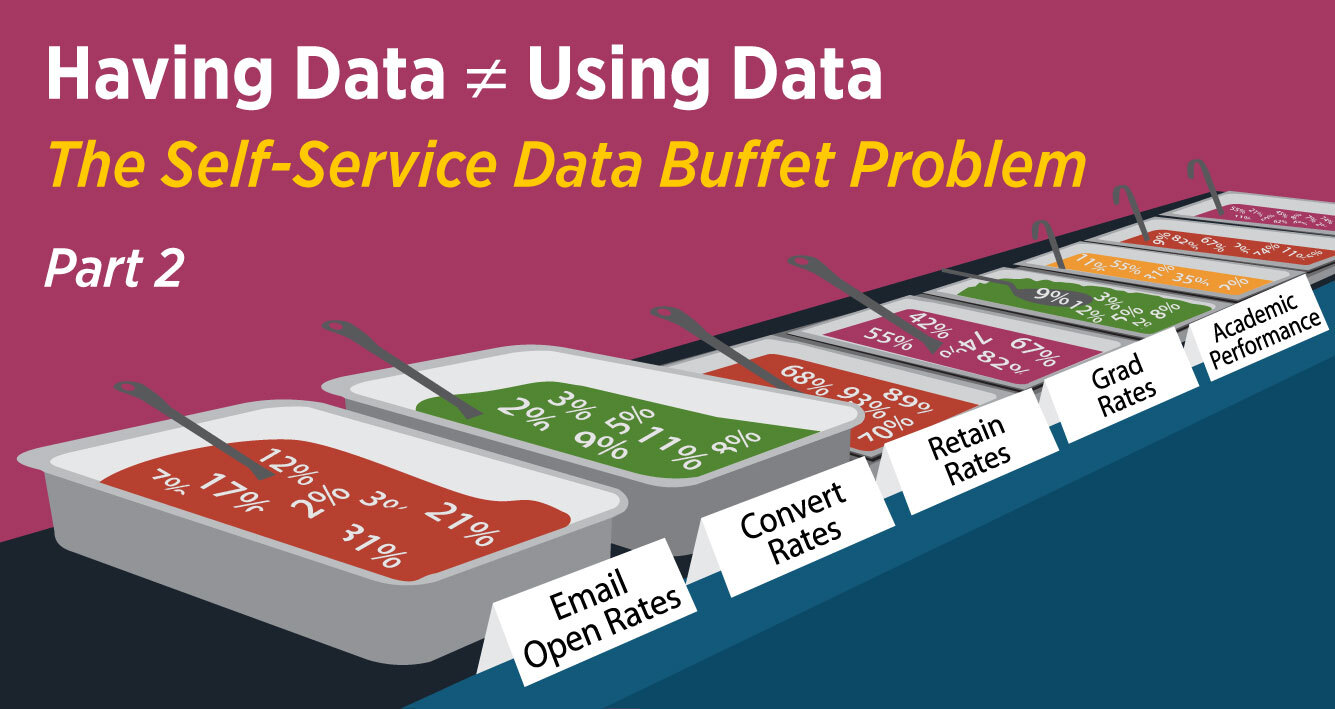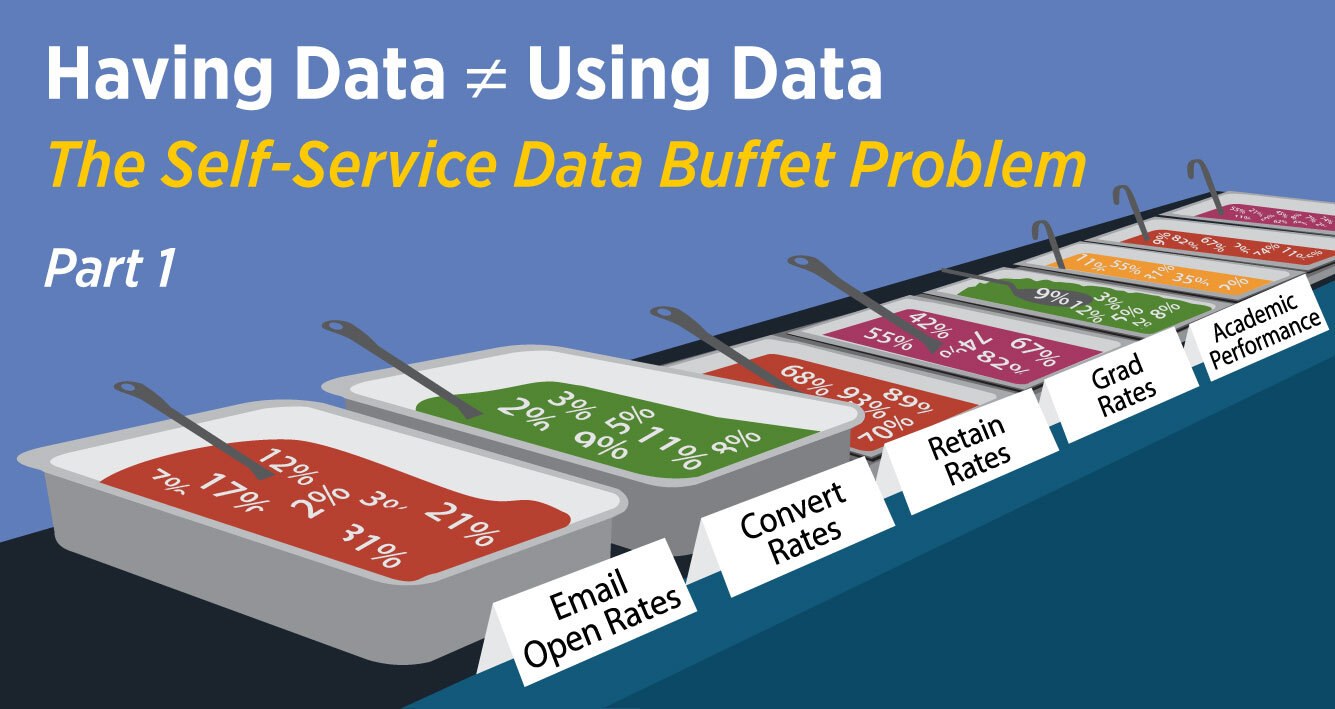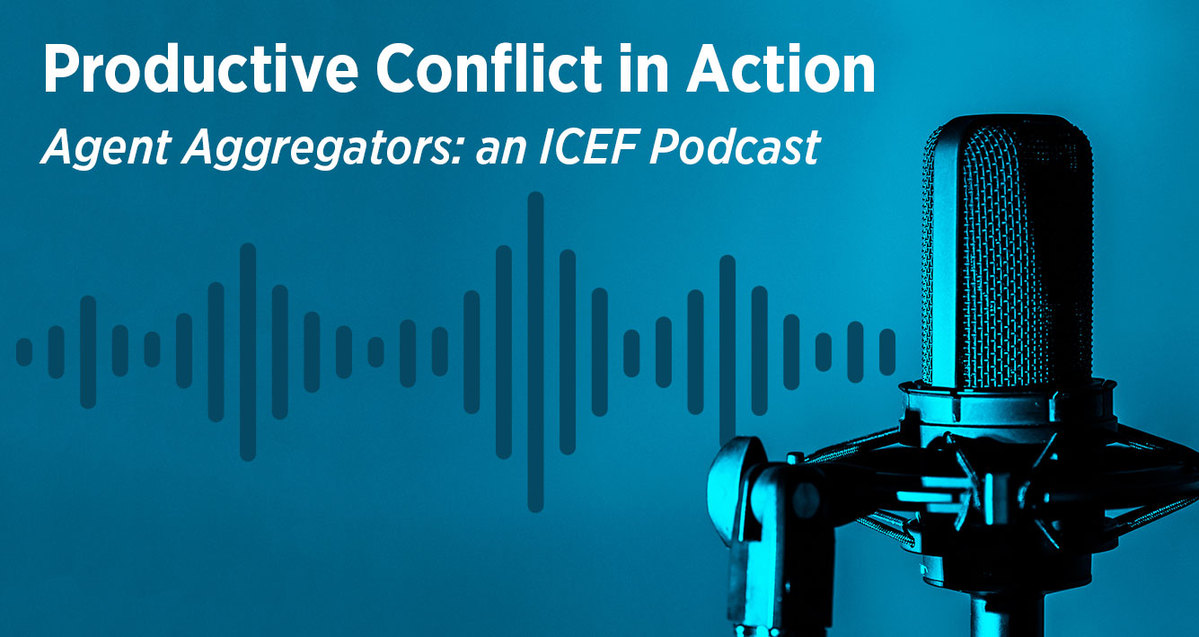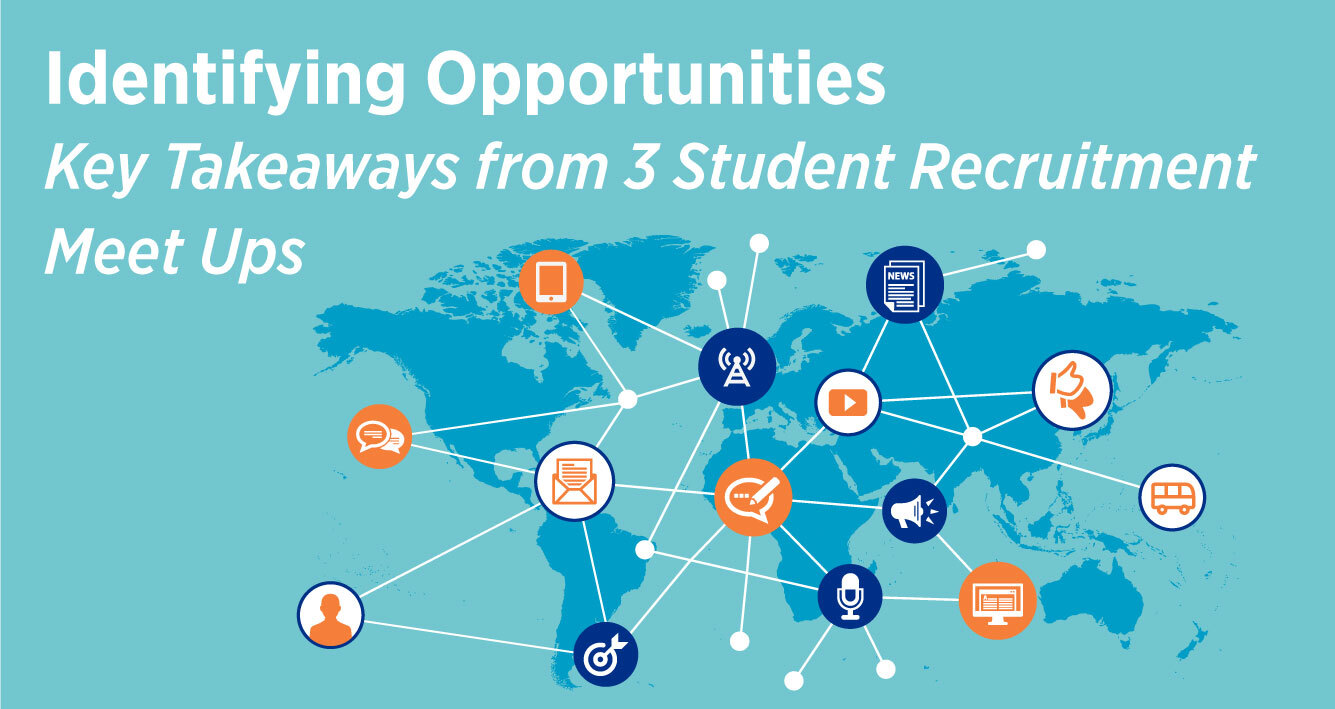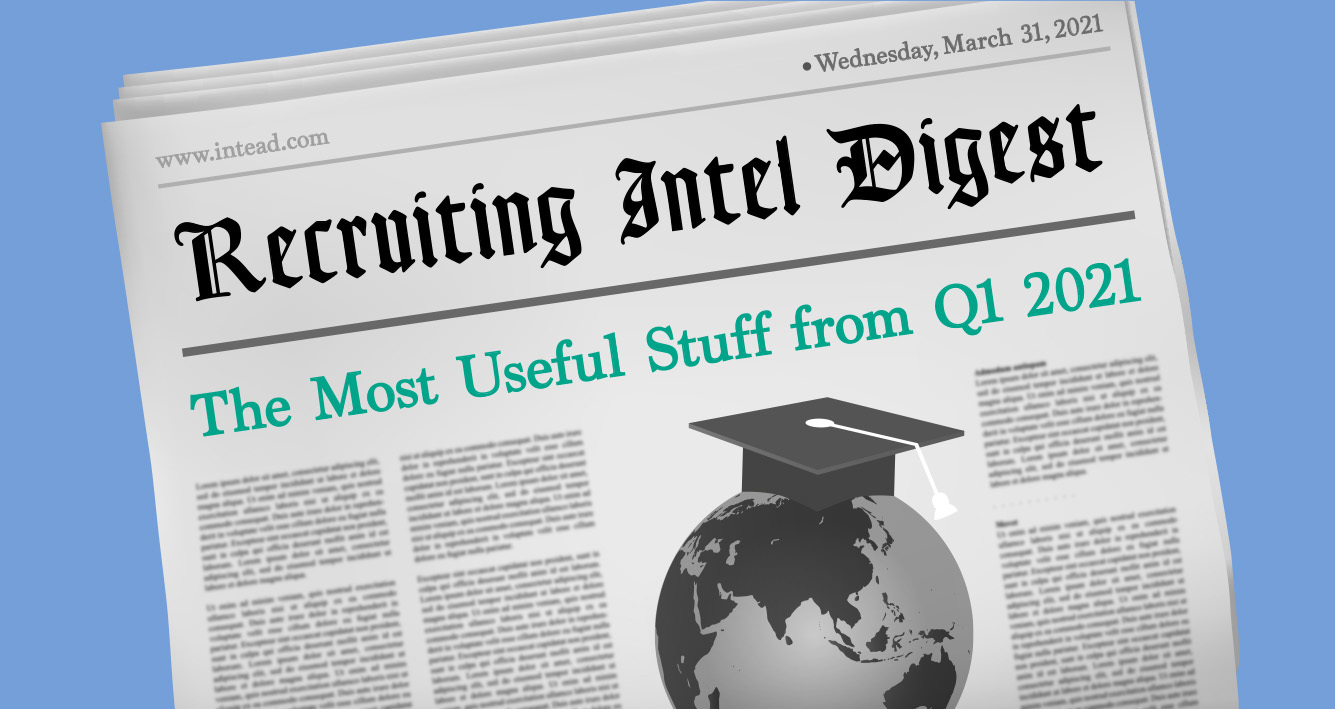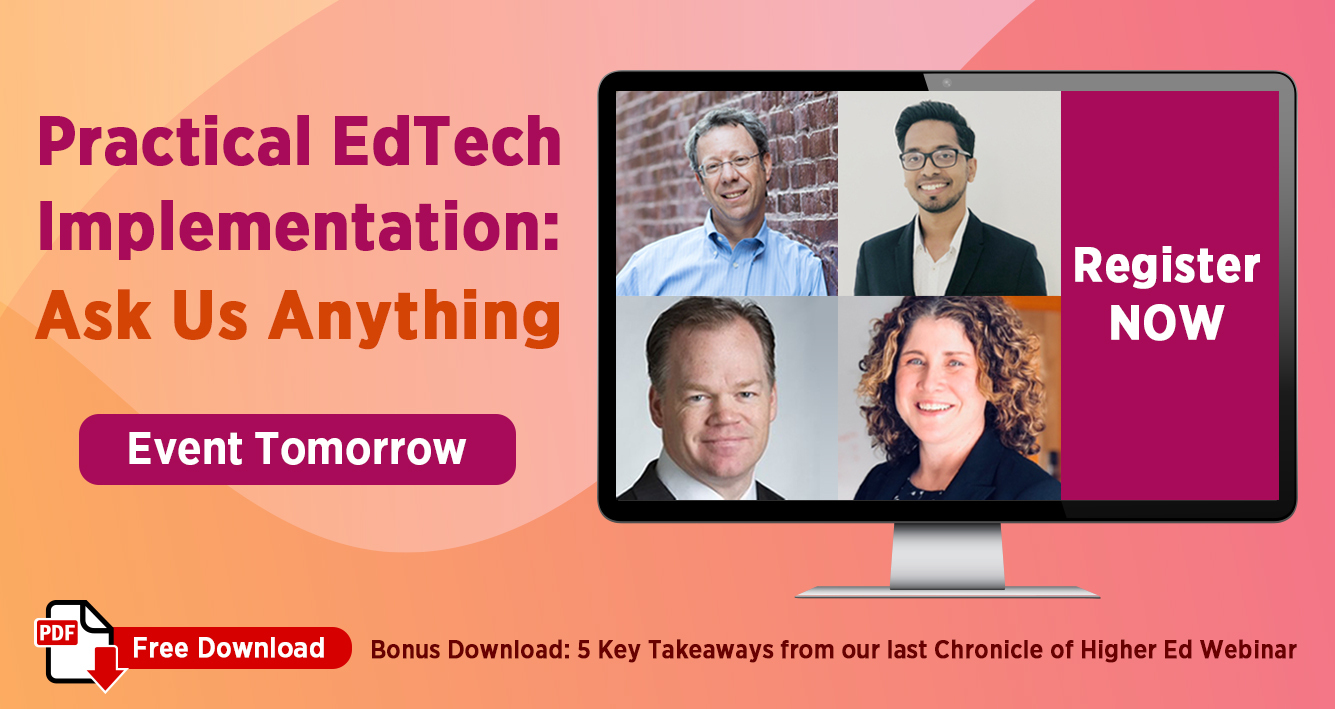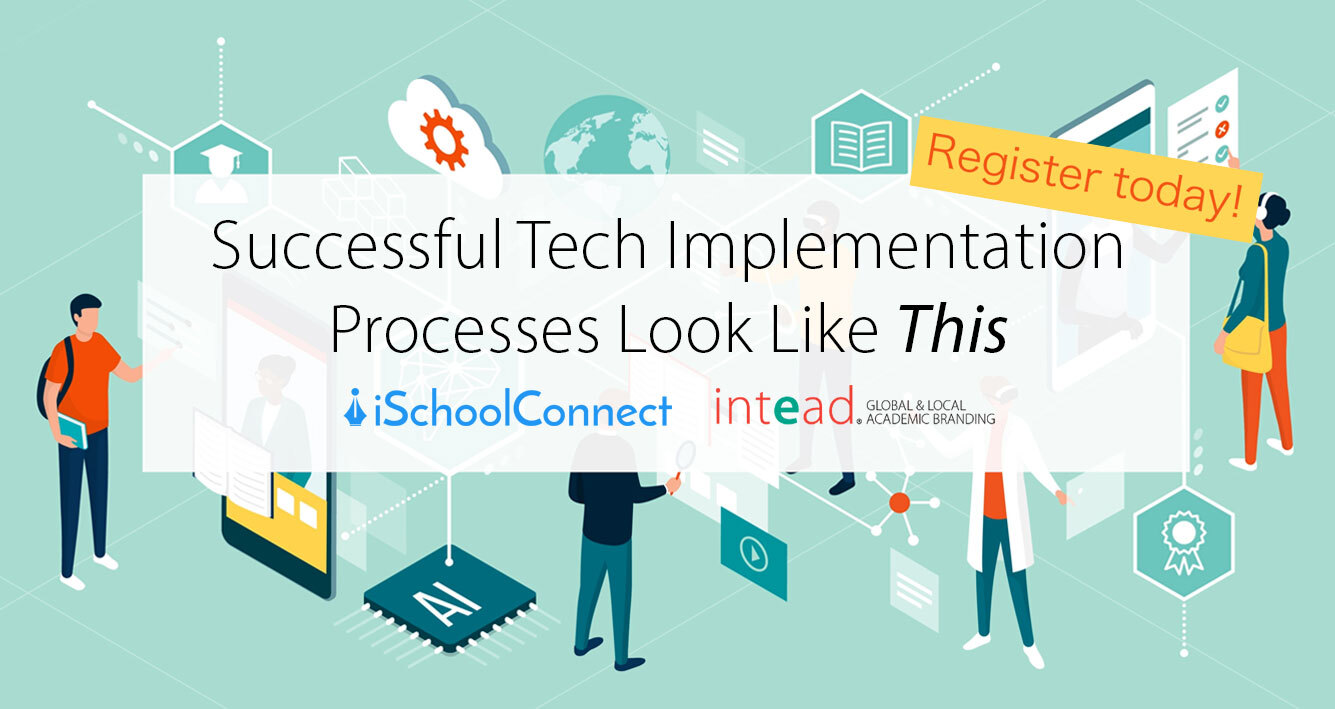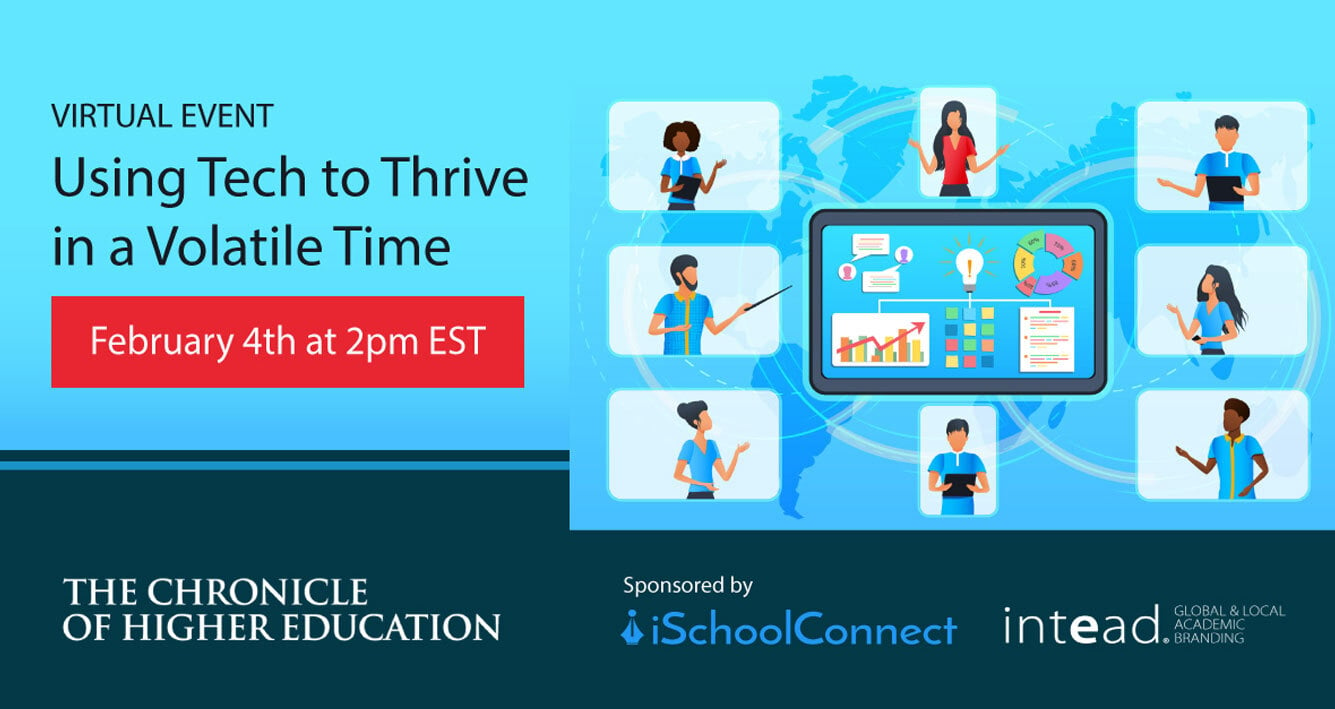Think instant granular analysis of transcripts. Think about your ability to identify the specific classes and grades indicating future student success. Think about automatically excluding that A in Phys Ed from the overall GPA calculation.
For the sake of speed and efficiency, institutions rely on the overall GPA, an SAT score (if submitted), or the presence of AP classes on a transcript. All helpful shortcuts as indicators of future success, to a point. And we’re not going to get into the SAT debate right now, though we have some strong opinions on that one.
But now, along comes AI and admissions teams are apt to place some hope in the promise of what it can do to streamline unwieldy processes that tend to get in the way of enrollment yield. But there’s so much more edtech can now do.
Opportunities to Meet the Intead Team
- AIEA in March, ASU+GSV in April, and NAFSA in May. We'll be presenting our latest findings with colleagues from Chronicle of Higher Ed, IIE, AIEA, University of Tulsa, University of Memphis, Northeastern, and others. Let us know if you want to connect at any of these events.
Bookmark this: Intead’s Resource Center
Access 800+ articles, slides decks, reports with relevant content on any topic important to enrollment management and student recruiting. Check it out.
In our last post, we highlighted an edtech venture worth watching – especially if you’re among the AI curious. MyDocs is the brainchild of entrepreneur John Reese, whose name you may recognize from Parchment, the company that moved our industry from paper to digital transcripts (PDFs). That little startup originally founded by John grew up and just sold a year ago for more than $800M (all cash). Now, John is taking admissions capabilities a step further – moving institutions beyond digital transcripts into admissions data processing. And last year, he reached out to the Intead team for product launch support.
MyDocs uses advanced OCR (optical character reader) and machine learning to evolve the tedious tasks of transcript analysis and processing. With application volumes rising thanks in part to the student efficiency tool Common App (don’t get us started), this new edtech helps smooth a specific task – and frequent bottleneck – in the admissions process. MyDocs' AI-powered platform scans and analyzes digital transcripts (PDFs, JPEGs, photos) to make them both human and machine-readable.
That means the school of origin and every class, every grade, all become actionable data, instantly. Are you starting to see the possibilities? Oh, and if the transcript happens to be in another language, the tool translates to English.
You can see why we were excited when John approached us and asked for our help with his entrepreneurial approach to transcript evaluation. The data analysis possibilities got the whole team here buzzing.
For institutions, this kind of AI assist is more than welcome. One forward-thinking private New England institution we work with recently used this edtech tool to evaluate and process 11,000 applications in a single day. That’s just one anecdote, but the expediency is something to behold for anyone who’s ever managed admissions processes and credential evaluation. 24 hours vs. 1,500 hours (when done by humans). Something to think about.
On the surface, technology like MyDocs seems like a game-change. Still, a challenge remains: institutions may find they are swimming in data without a clear strategy for leveraging it beyond this singular task of admissions efficiency: accept or reject?
But, we have ideas. So many ideas. Read on…
Read More

